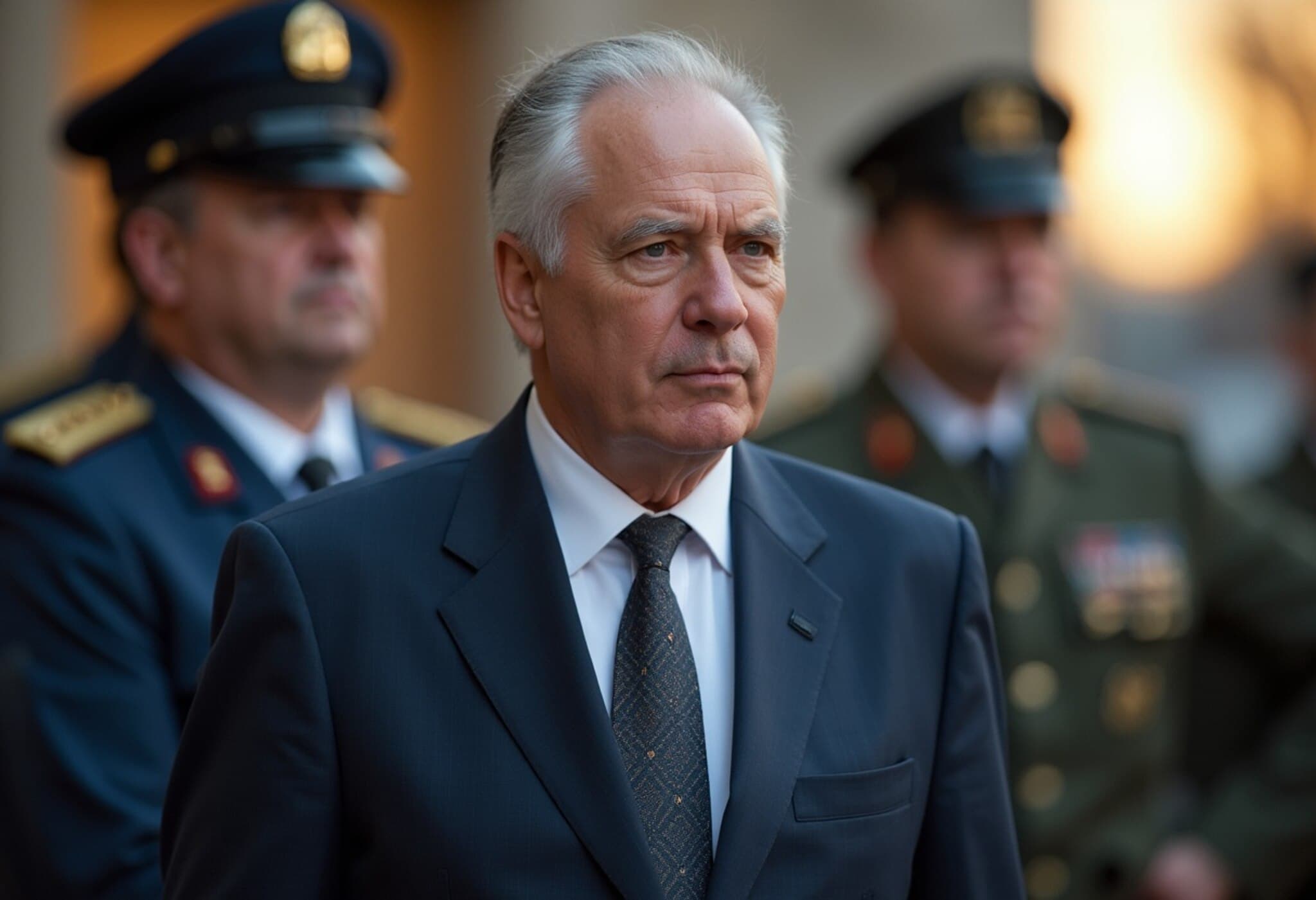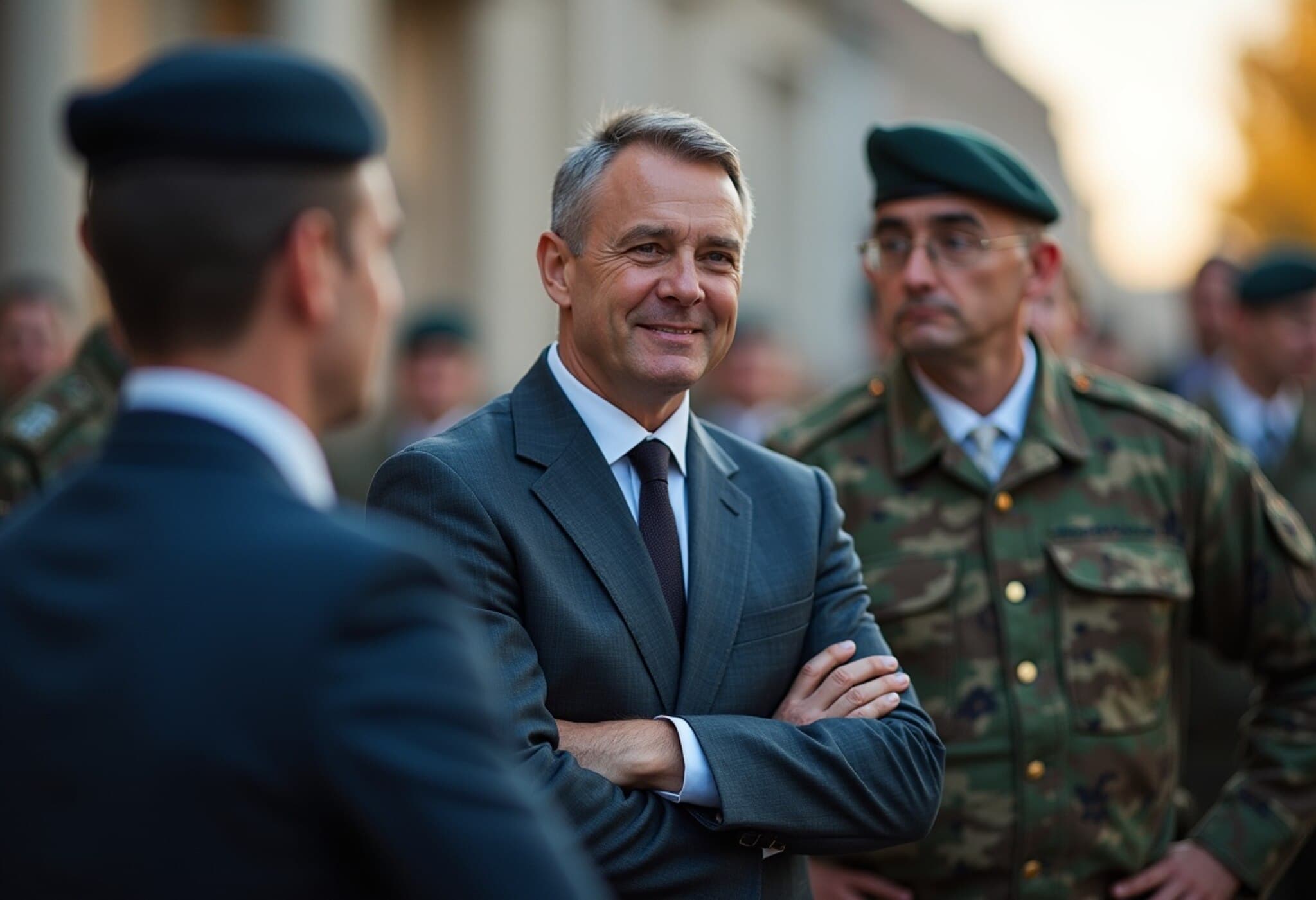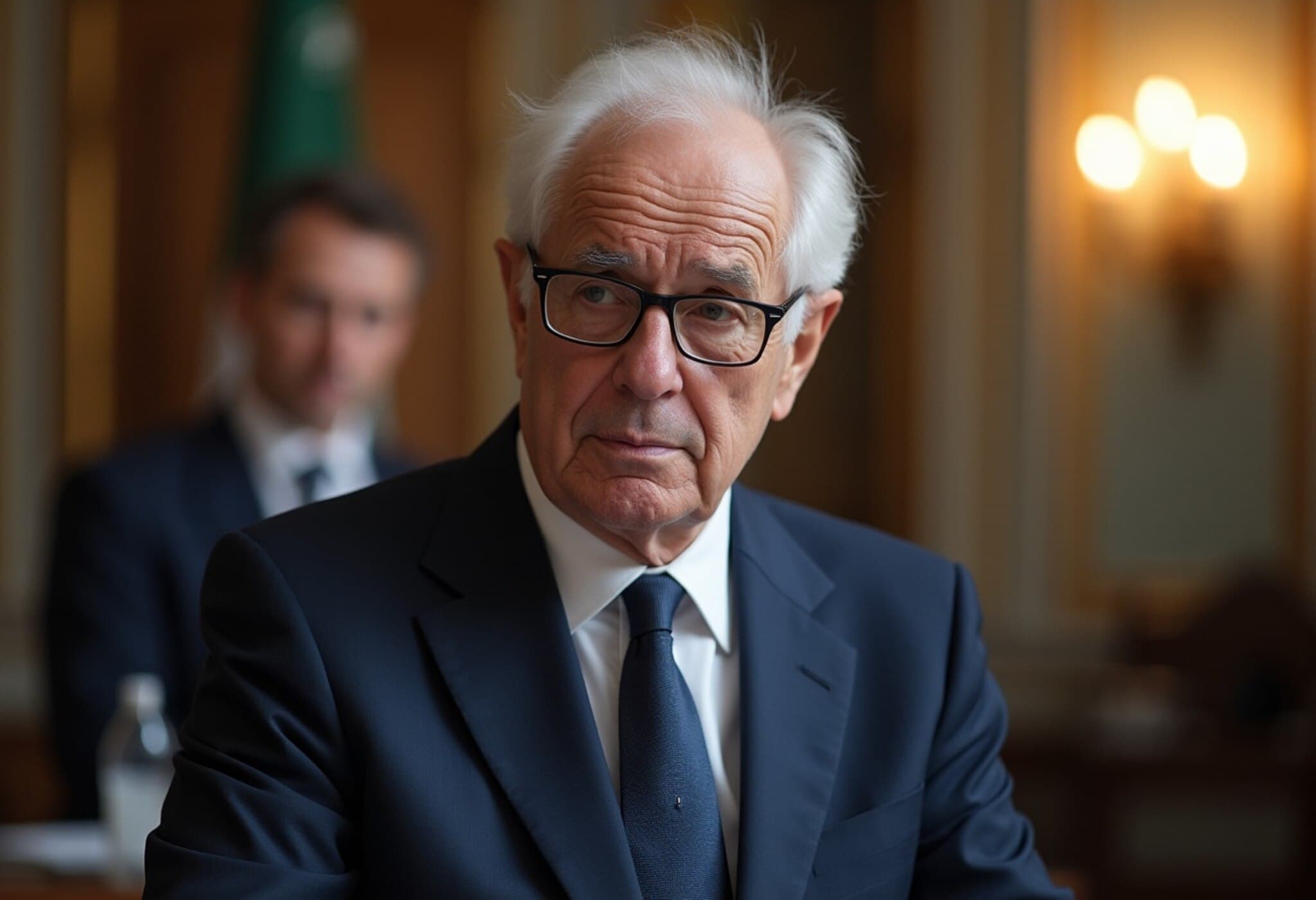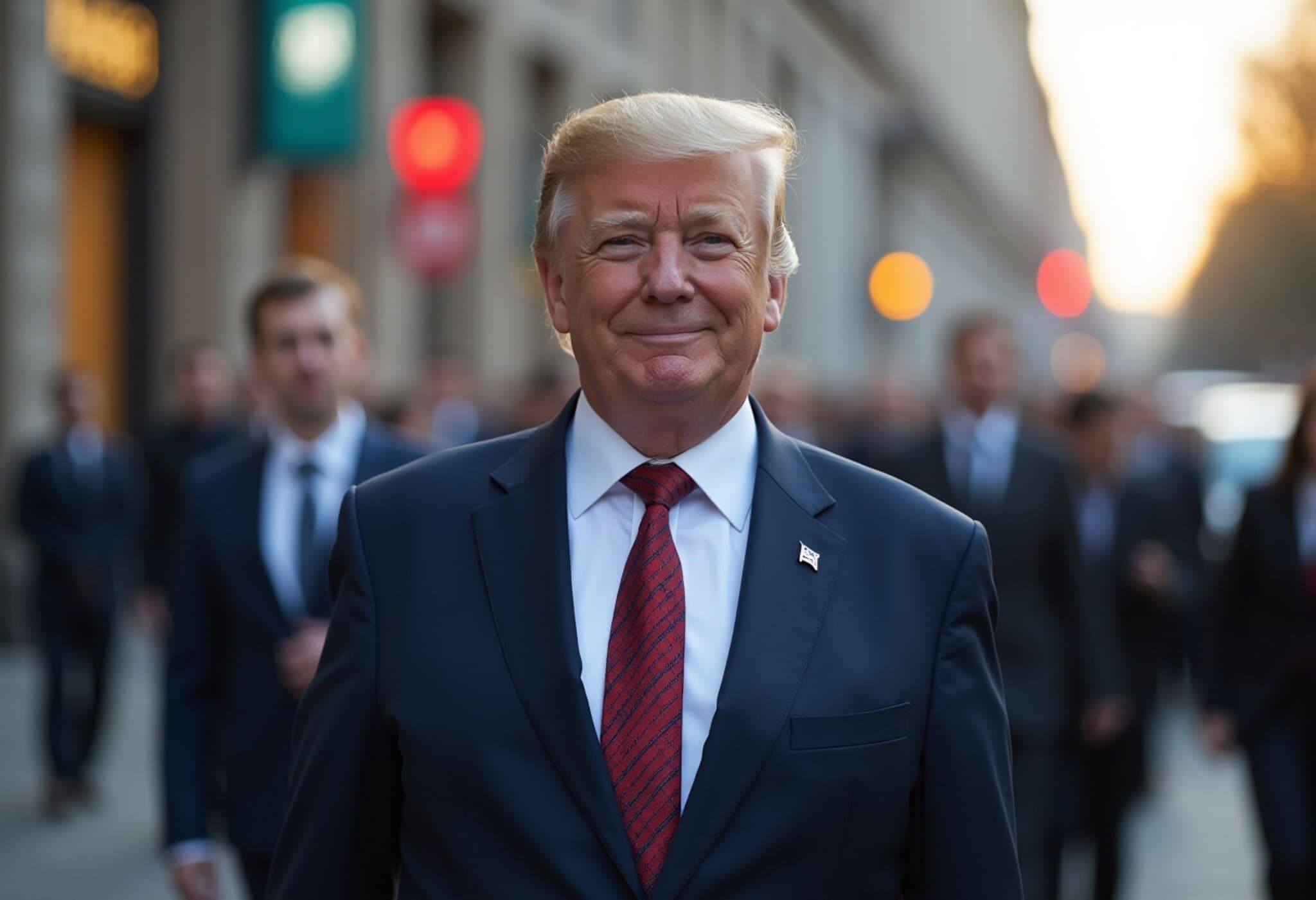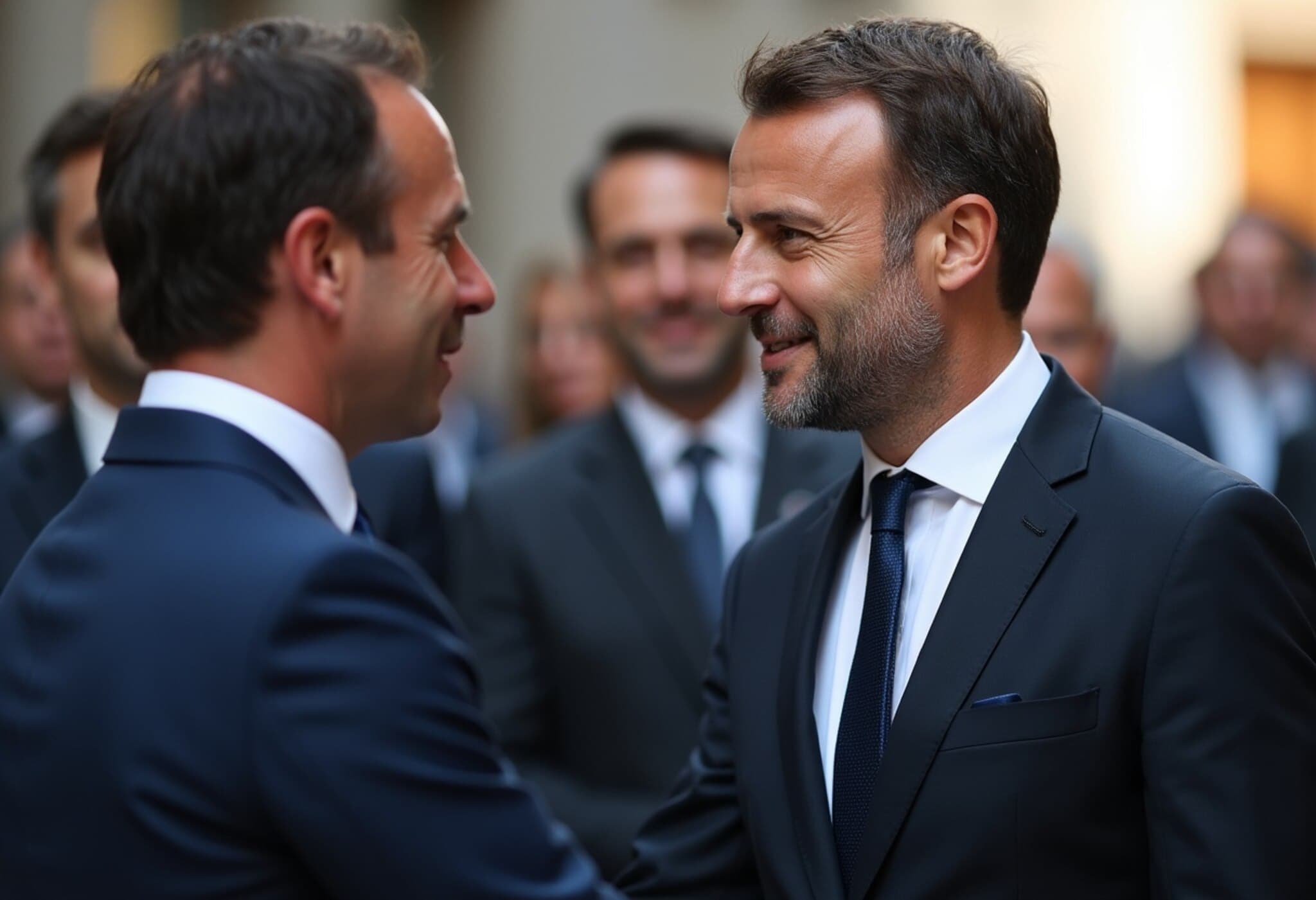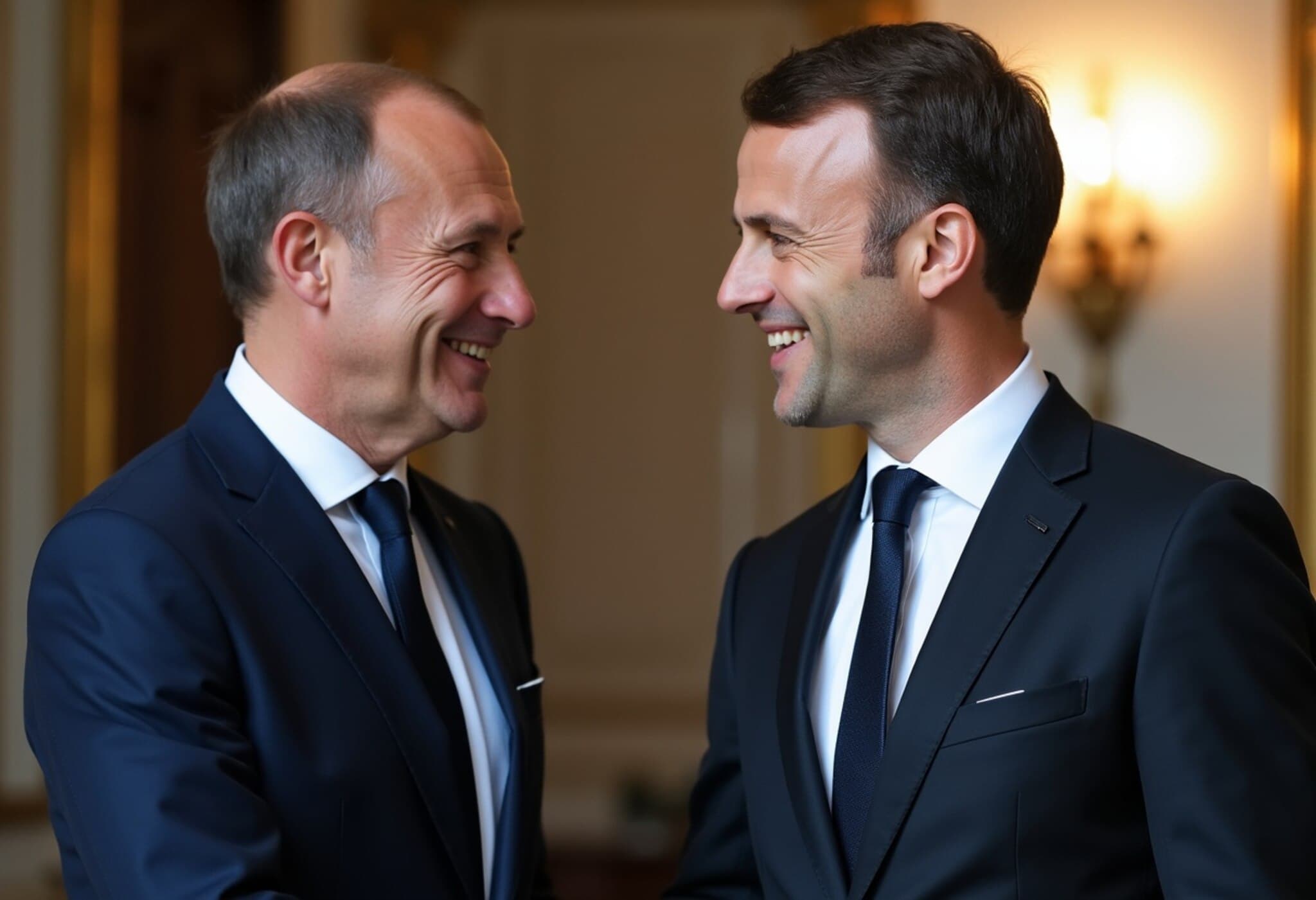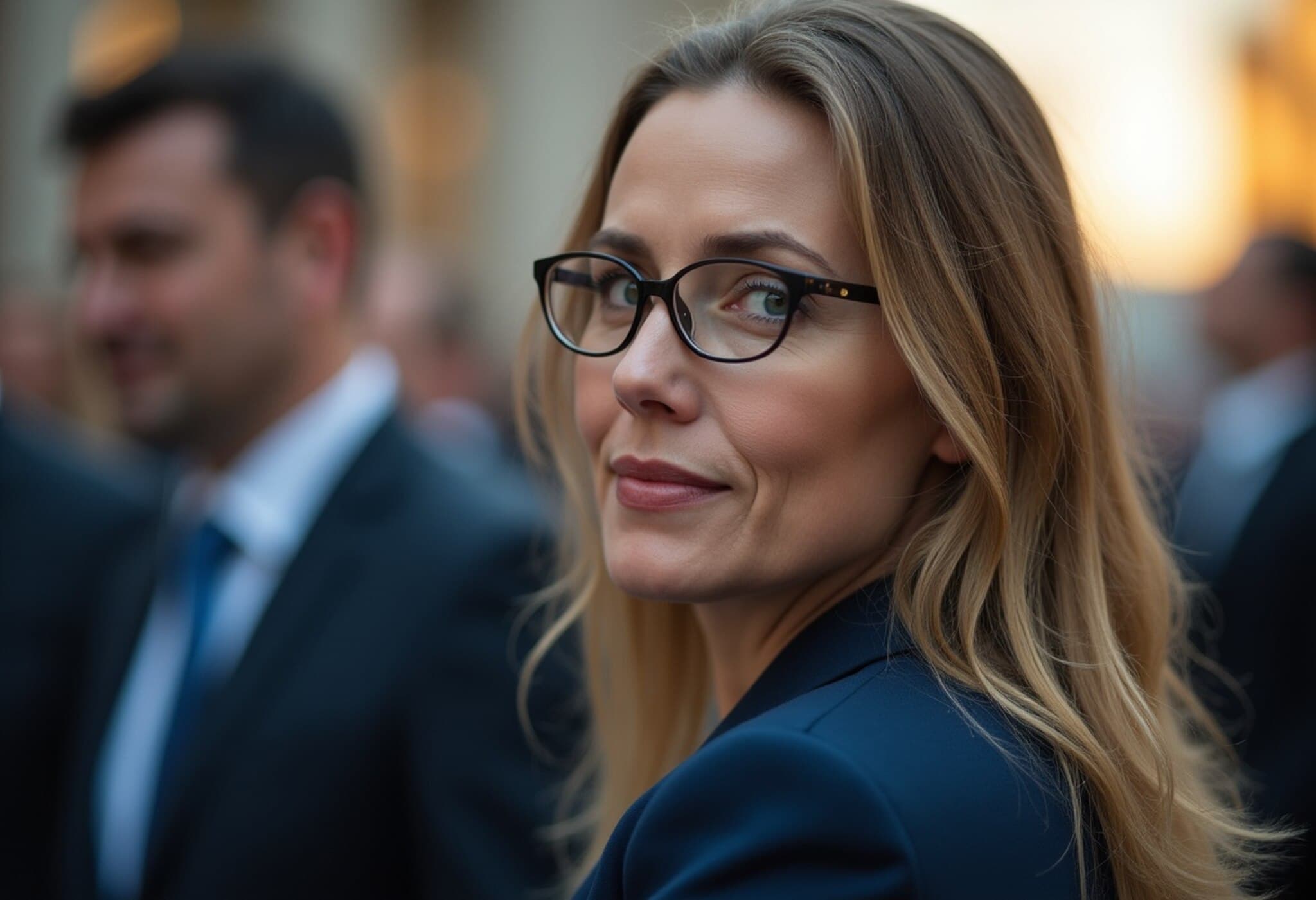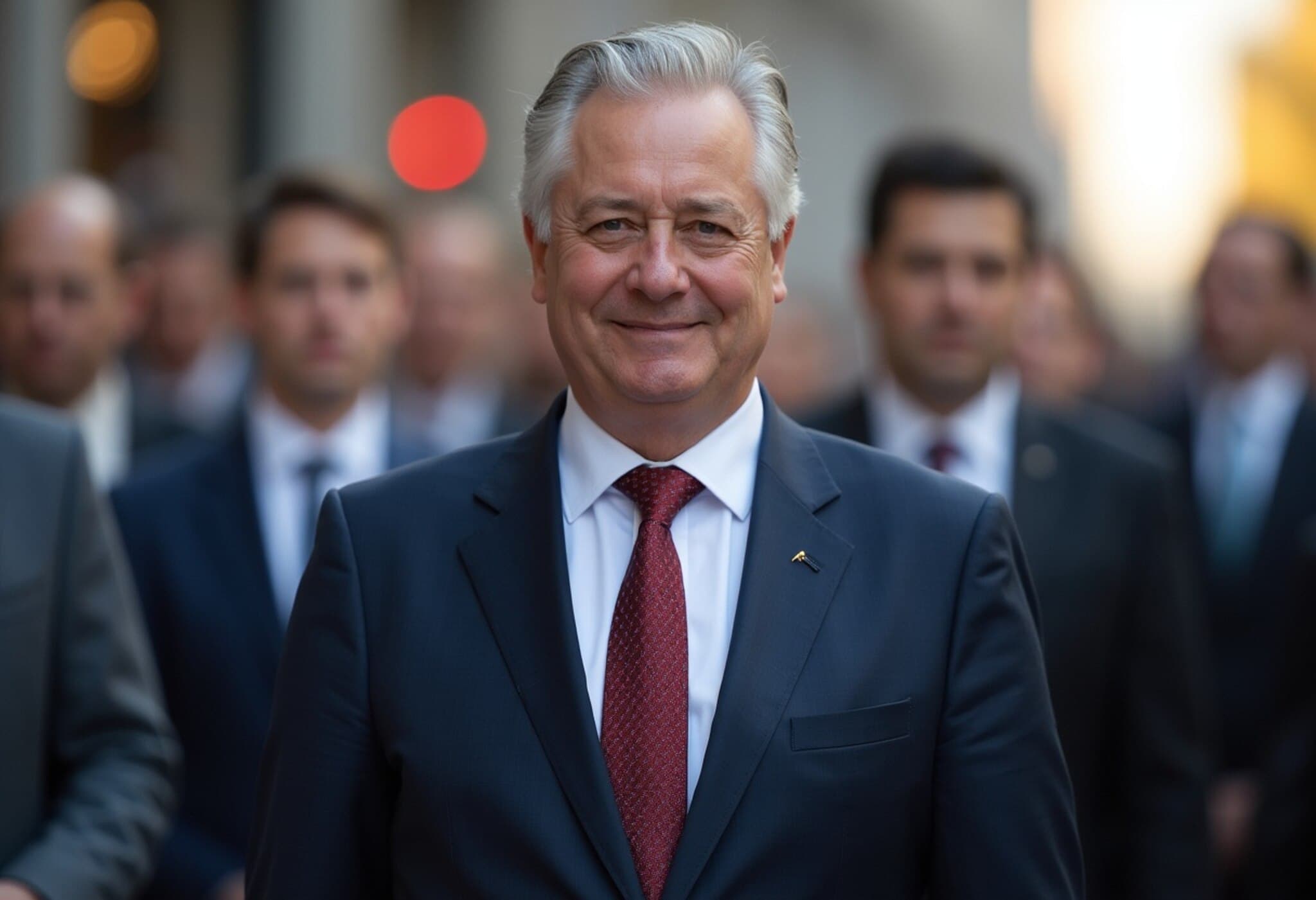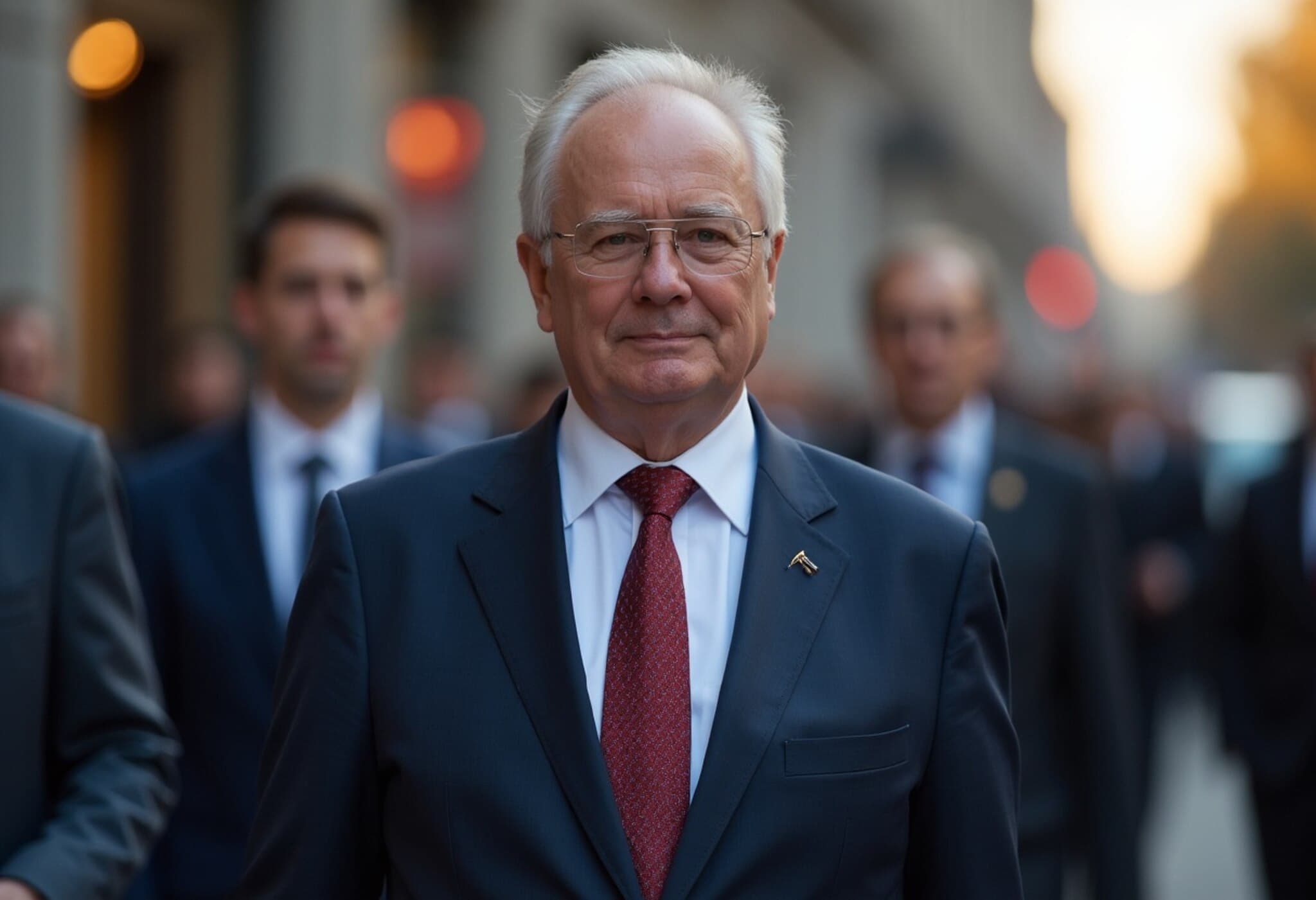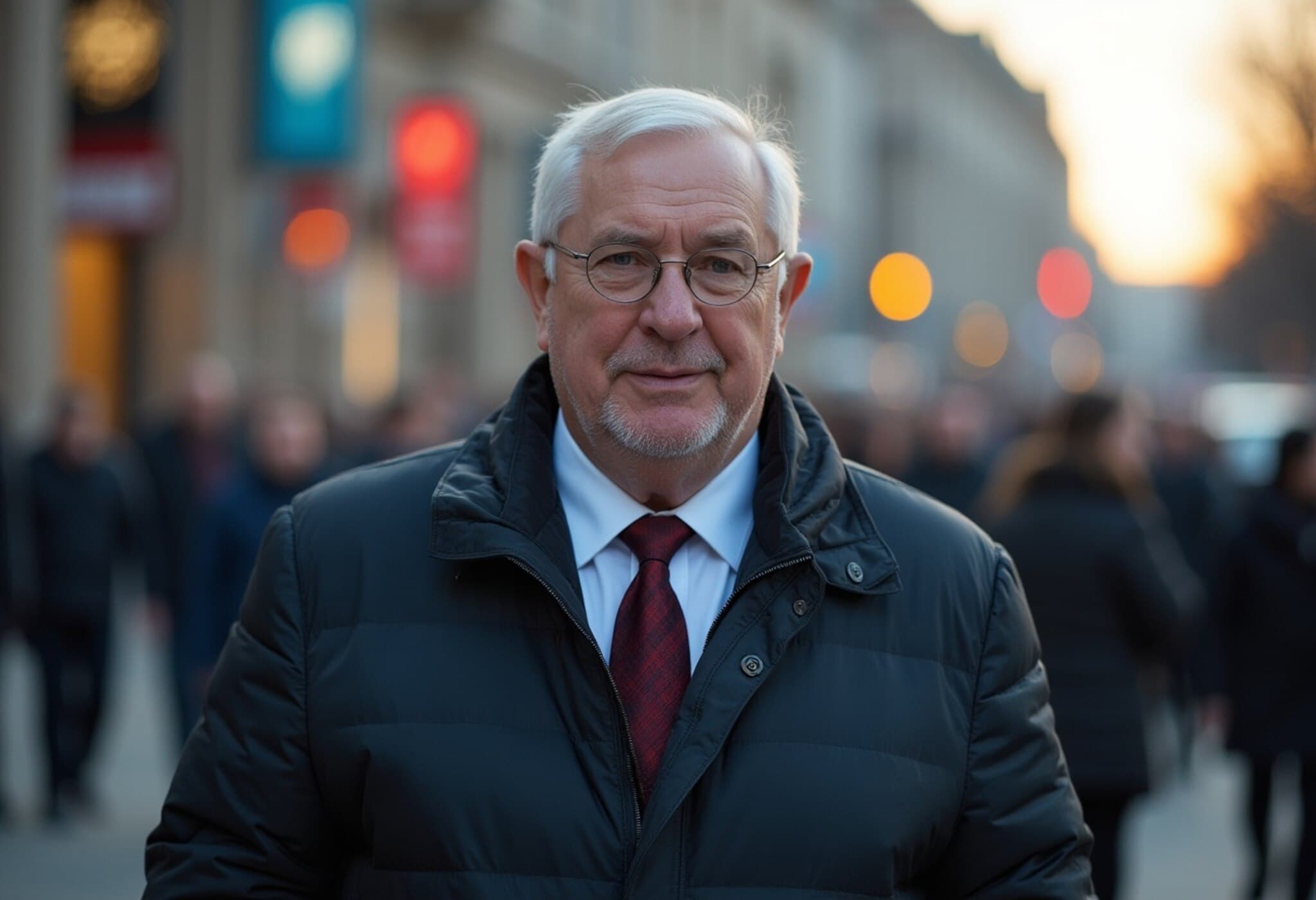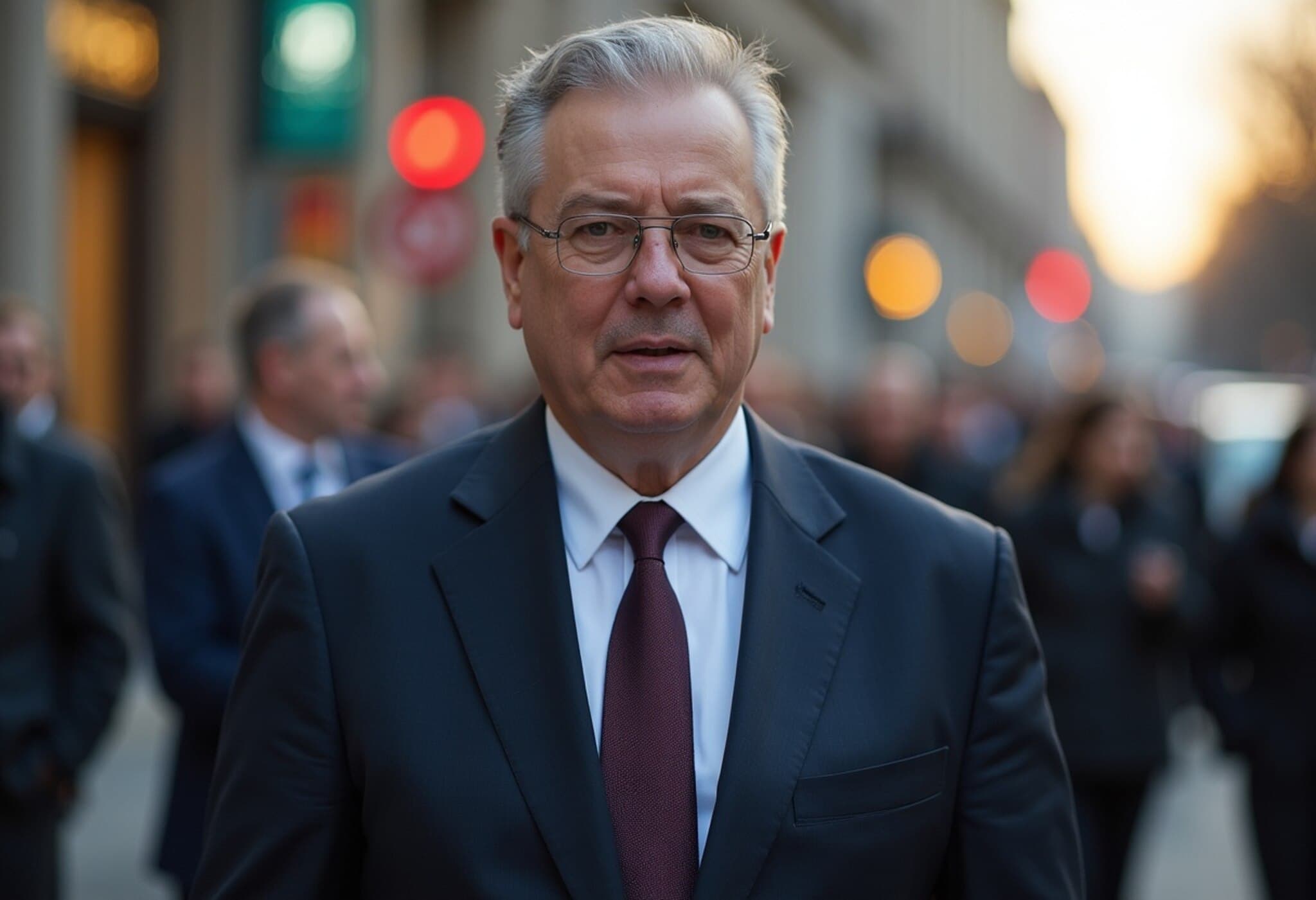Ukraine's Leadership Sees Major Shakeup as Zelenskyy Nominates PM Shmyhal for Defence Ministry
In a decisive move reflecting the evolving demands of wartime governance, Ukrainian President Volodymyr Zelenskyy has proposed Prime Minister Denys Shmyhal for the critical role of defence minister. Announced during Zelenskyy's evening address on July 14, 2025, the nomination underscores Ukraine’s strategic recalibration amid ongoing conflict challenges.
Why Shmyhal’s Expertise Matters Now More Than Ever
Denys Shmyhal, who has helmed Ukraine’s government since 2020, brings with him a track record of steady crisis management — navigating the twin storms of the COVID-19 pandemic and, crucially, the early stages of Russia's full-scale invasion starting in 2022.
President Zelenskyy emphasized that Shmyhal’s broad experience will be invaluable in overseeing Ukraine's defence sector, where the most significant resources and responsibilities converge. “This is precisely the area where the country’s maximum resources, maximum tasks and a great deal of responsibility are currently concentrated,” Zelenskyy noted, highlighting the gravity of this wartime appointment.
Political Dynamics: Smooth Sailing Expected in Parliament
The parliamentary vote is the next step to confirm Shmyhal’s appointment. Given the current political unity behind Zelenskyy’s leadership amid the invasion, the approval process is expected to be largely uncontroversial.
Simultaneously, Zelenskyy has nominated First Deputy Prime Minister Yulia Svyrydenko to succeed Shmyhal as the new Prime Minister — signaling a continuity of experienced leadership while adjusting to the evolving needs of the defence ministry.
Current Defence Minister Rustem Umerov’s New Role
Rustem Umerov, who has been serving as defence minister, is slated to transition into a diplomatic capacity as Ukraine’s ambassador to the United States, according to Zelenskyy. This move highlights Ukraine’s dual-front approach to warfare — strengthening military command structures at home while cultivating vital international partnerships, especially with Washington.
Contextualizing the Shakeup Amid Ukraine’s Protracted Conflict
This cabinet reshuffle is the most significant since Russia’s 2022 invasion, occurring amid intensified Russian aerial assaults and territorial contestations. Months of battlefield setbacks for Ukraine have underscored the urgency to adapt leadership roles to sharpen strategic responses.
Shmyhal’s shift to defence minister arrives at a pivotal moment, as the war increasingly demands harmonized leadership between civilian governance and military strategy—a complex balancing act in a nation under siege.
Expert Insight
From a policy analyst’s perspective, this transition signals more than just personnel changes; it reflects Ukraine’s maturation as a war-focused state apparatus. Assigning a seasoned political leader like Shmyhal to defence could enhance coordination between logistics, civilian resilience, and military operations.
Moreover, positioning Umerov in Washington is a strategic diplomatic play, ensuring Ukraine sustains and deepens critical support from the United States—a linchpin in its international aid and security partnerships.
What’s Next for Ukraine’s Governance?
- Parliament’s ratification of Shmyhal’s appointment will be a key milestone.
- Yulia Svyrydenko’s leadership as Prime Minister will be closely watched to gauge governmental stability and policy continuity.
- The effectiveness of new defence leadership under Shmyhal during intensified conflict phases will be a critical indicator of Ukraine’s resilience.
In conclusion, this leadership overhaul reflects the extraordinary pressures faced by Ukraine and its determination to marshal its best resources towards national defence and international diplomacy.
Editor's Note
As Ukraine continues to grapple with one of the most formidable military challenges of the 21st century, leadership adaptability becomes paramount. President Zelenskyy’s decision to reposition key figures not only marks an internal strategic pivot but also sends a strong message internationally about Ukraine’s resolve. Future developments in parliamentary approvals and battlefield outcomes will reveal how this reshuffle influences the war’s trajectory. Readers should watch closely the evolving balance between political governance and military command—an intersection that could define Ukraine’s enduring struggle and future sovereignty.

